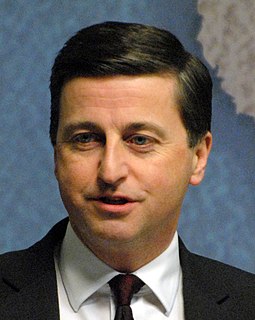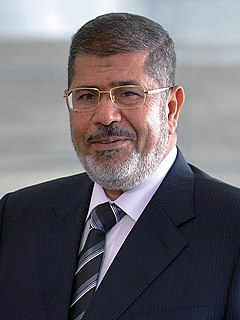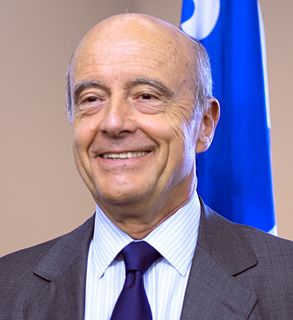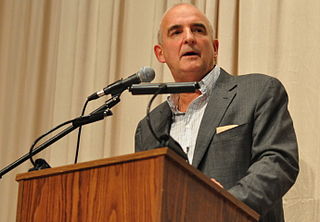A Quote by Douglas Alexander
The 'Arab Spring' is the most spectacular example of the dispersal of power.
Quote Topics
Related Quotes
I don't think the Arab Spring had much to do with energy. I think it was just the opposite, in fact. I think the Arab Spring happened because particularly young people knew they were living in a context where they could not realize their full potential, that they are being kept down by their own governments.
Iraqi fighters on the front lines, You courageous officers and soldiers who have been fighting valiantly and efficiently - you have restored the glories of your great Iraq. You have proved that you are the true descendants of those great fighters throughout the ages. You have given the most remarkable example of Arab military power, of which the Arab nation is in need today and tomorrow in its struggle to maintain its existence and integrity, and to restore its usurped rights and territories.
I would like to stress this point undoubtedly: France sees the Arab Spring as auspicious. The Arab Spring holds out tremendous hope - hope for democracy and the rule of law, hope for peace and stability, hope for better future in which every person can pursue goals commensurate with his or her needs, talents and ambitions.
What is irreversible in the Arab world is this intellectual revolution, the awakening that we can get rid of dictators. That is here, and the people have this sentiment and this political power. They feel that they can do it, and it's still there. At the same time, we don't know what is going to happen. So to be very quick by saying, "Oh, revolutions and Arab Spring," and - you know, what I'm advocating is to take a cautious optimism as the starting point of our analysis and to look at what is happening.
































